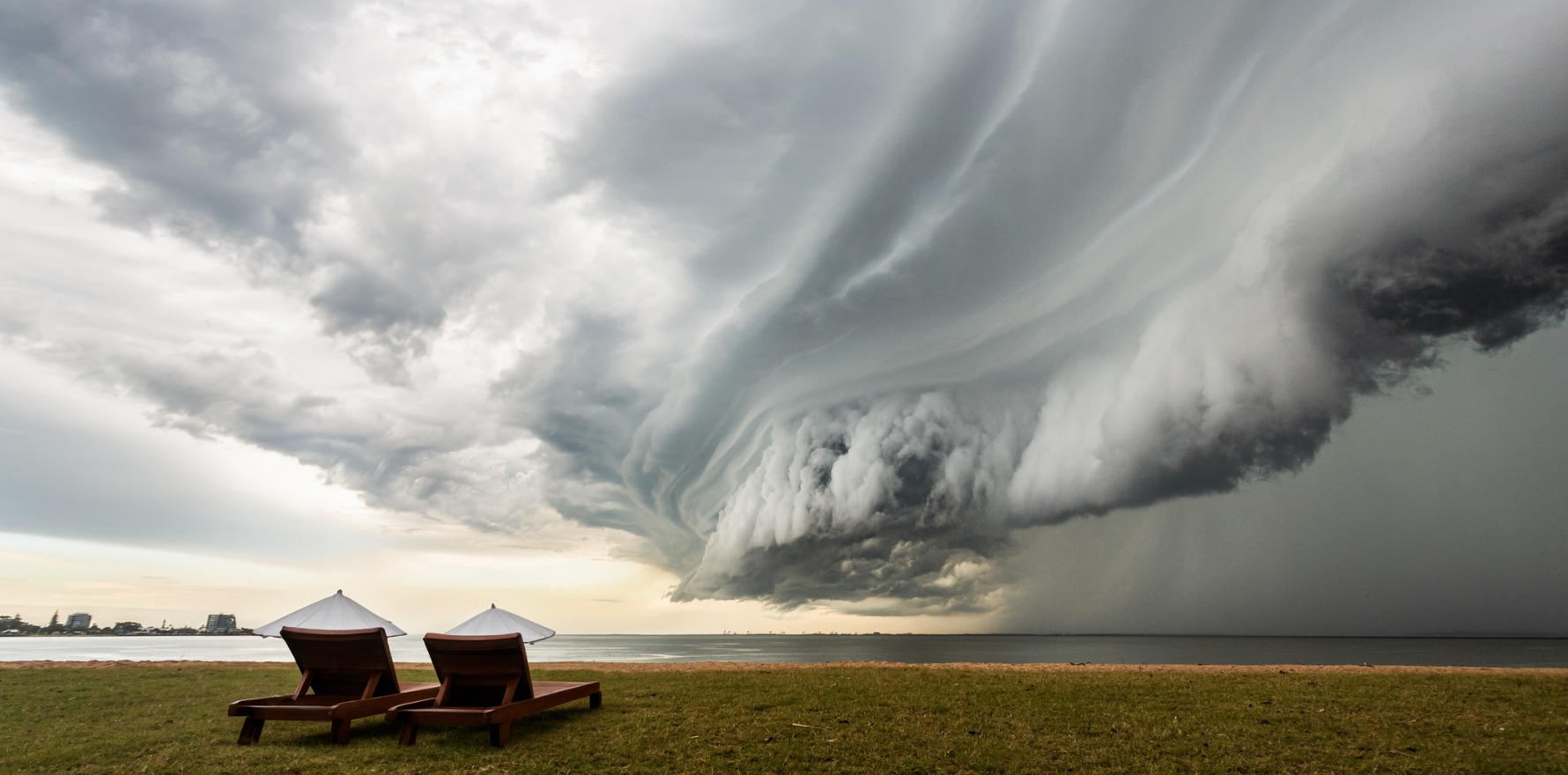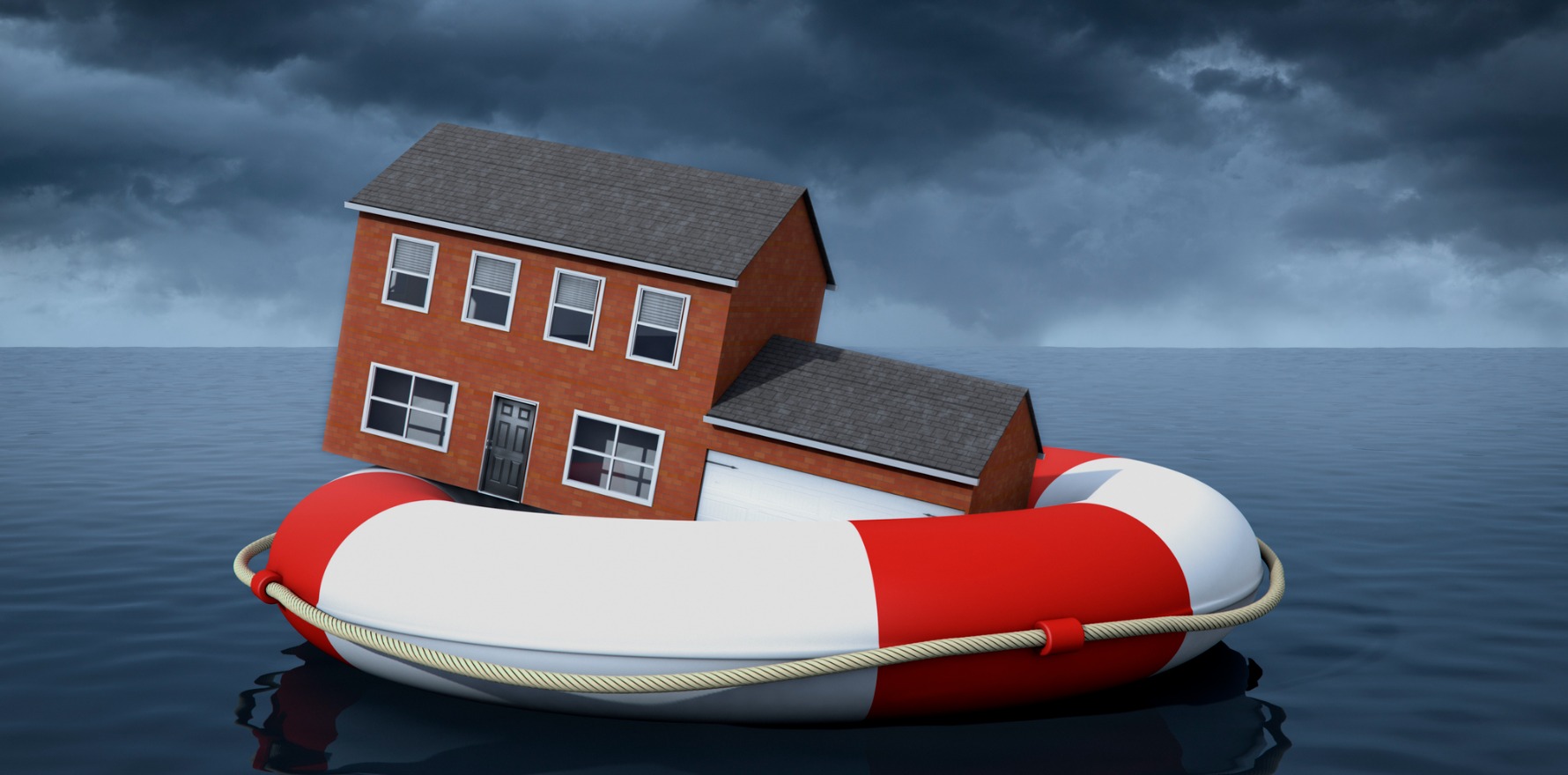‘We’re not expecting the government to come to our aid,’ say Lismore GPs, anticipating more floods in the wake of Cyclone Alfred.
Tropical Cyclone Alfred is expected to be the first cyclone to make landfall in south-east Queensland and northern NSW in half a century, but GPs in Lismore fear the scenes may be all too familiar.
The Northern Rivers region of NSW was hit by a record-breaking flood in late 2022, killing three Lismore residents and rendering more than 4000 homes in the town uninhabitable.
Keen Street Clinic, located a few blocks away from Wilsons River, was flooded up to its second storey.
The floodwaters took out the practice’s computer systems, servers and all backups and roughly 95% of its equipment.
Now, the river is already beginning to swell.
Keen Street GP Dr Nina Robertson told The Medical Republic that, as of Wednesday morning, the town was anticipating another major flood.
This time, the computer servers have been moved from the clinic to a safe location along with vaccines, and staff members have installed Best Practice on their personal laptops to ensure they can log in remotely.
The equipment that can’t be moved elsewhere will be placed on shelves installed above the high-water mark of the 2022 floods.
“We [also] need our staff to be able to have time to prepare their own homes because, of course, most people are living locally and there’s such a widespread watch area,” Dr Robertson said.
“In any event, they’ve got family, they’ve got friends, they’ve got other things to do to make sure that they’re looking after their lives.”
Dr Robertson said the clinic planned to reopen on Monday morning, with the worst hopefully over by that point, and that doctors were anticipating that patients would be affected mentally by the cyclone.
“I have got immediate concerns for the poorest in our community, the most vulnerable who do live in the flood zones,” she said.
“We know we’ve got people who are squatting in flood houses at the moment, so I hope that they also have had time and have somewhere to repair to for the worst of the conditions, which are expected from tomorrow.
“It is already raining heavily in Lismore, and the river’s already looking a bit swollen – and we haven’t even seen the cyclone really come yet.”
Related
After the 2022 floods, the Keen Street Clinic doctors had to work out of temporary rooms while trying to both repair the flood damage and appeal for government funding to help cover the cost.
“[Following the last flood], the funding support was delayed by months to years afterwards,” Dr Robertson said.
“By that stage, you have to have made a decision whether you’re going to continue [trying to re-open] or not.
“And the reason we continued was because of the community support that we received – the offers of premises to temporarily run the practice out of, our patients who didn’t leave us, pharmacies that helped us in terms of making sure our patients had access to medicines while our records were being recovered.
“The community is what helped us survive last time and is the reason we’re here.”
She is under no illusions about the readiness of government assistance this time around.
“We’re not expecting the government to come to our aid,” the Lismore GP said.
“And that’s based on our previous experience, and also based on the fact that this is such a widespread event that the resources are going to be stretched thin.”
AMA Queensland president Dr Nick Yim, a GP in Hervey Bay, advised doctors to consider cold-chain management for vaccine stock and to look out for cases of melioidosis and tetanus, as well as some of the lesser-seen bacteria which may make a reappearance in a flood situation.
“Obviously we need to be cautious of waterborne bacteria, but at the same time there’s also a lot of moisture in the air,” he said.
“Mould is going to be an issue, so it’s making sure that when people are cleaning up, they are using personal protective equipment.”
Dr Yim also encouraged GPs to be aware of their own mental health and that of other practice staff.
RACGP Queensland chair Dr Cath Hester told TMR her practice had liaised with both the Queensland Police Service and the Queensland Ambulance Service to ensure that contingency plans were in place for patients.
“We’ve got a list of all of our patients who are over 80 years or under 12 months of age, all of our patients who are currently on chemotherapy or are at high risk, and we’ve got that information ready to go to reach out to them,” she said.
“If we have a protracted period of time where we’re where we’re cut off or the power is out, we’re also able to work with the SES to door-knock for our vulnerable patients and to help look after them that way.”
At a press conference on Wednesday morning, Queensland Premier David Crisafulli confirmed that elective surgeries had been cancelled at public hospitals within the impact zone for Thursday and Friday.
The RACGP has an information page for GPs in disaster-affected areas, and the AMA Queensland also has links to various GP-relevant resources.
There are exemptions to the 12-month telehealth rule in areas of natural disasters, but these only kick in once the State or Territory government has officially labelled the relevant local government area as being affected.
The PBS also occasionally allows continued dispensing arrangements under emergency measures like natural disasters.





